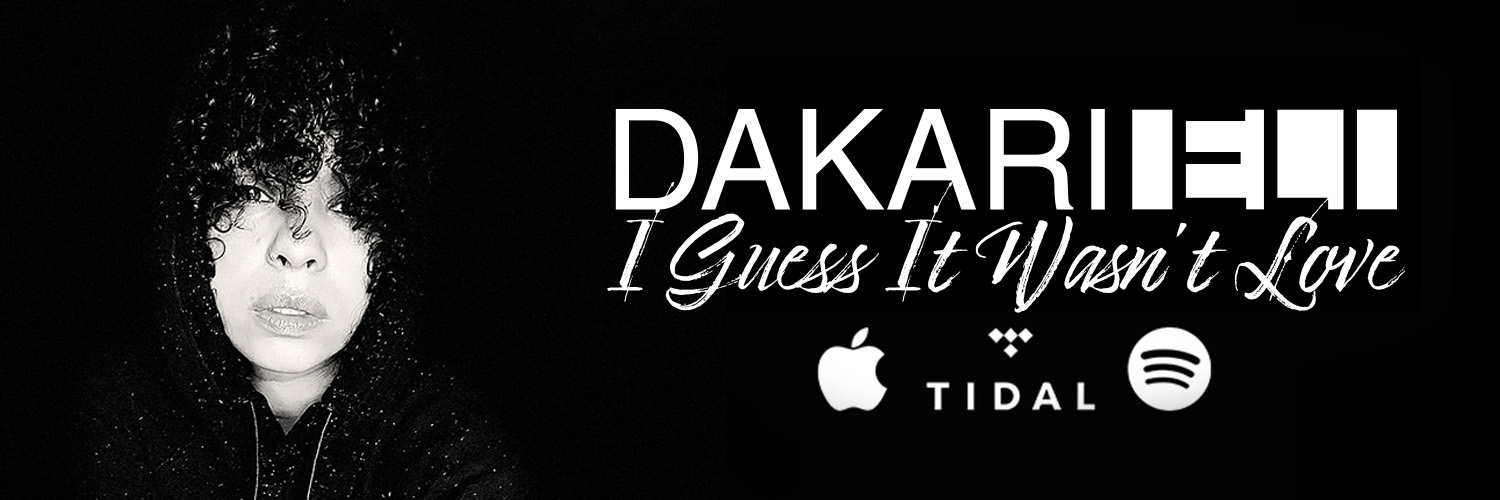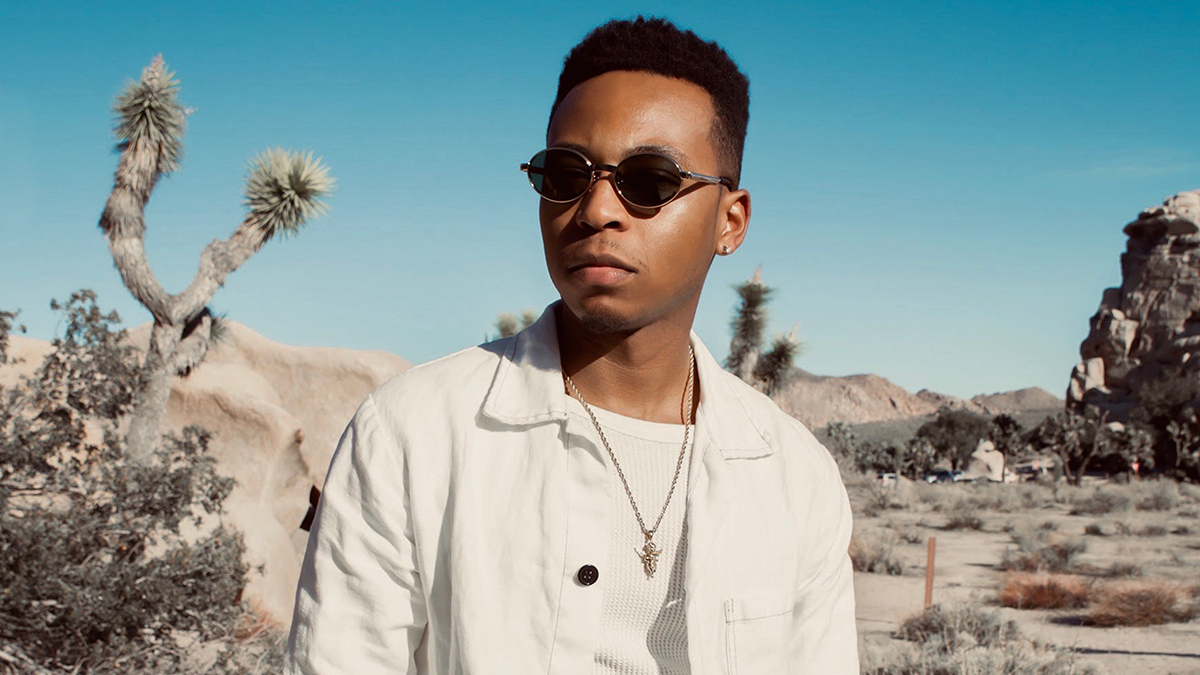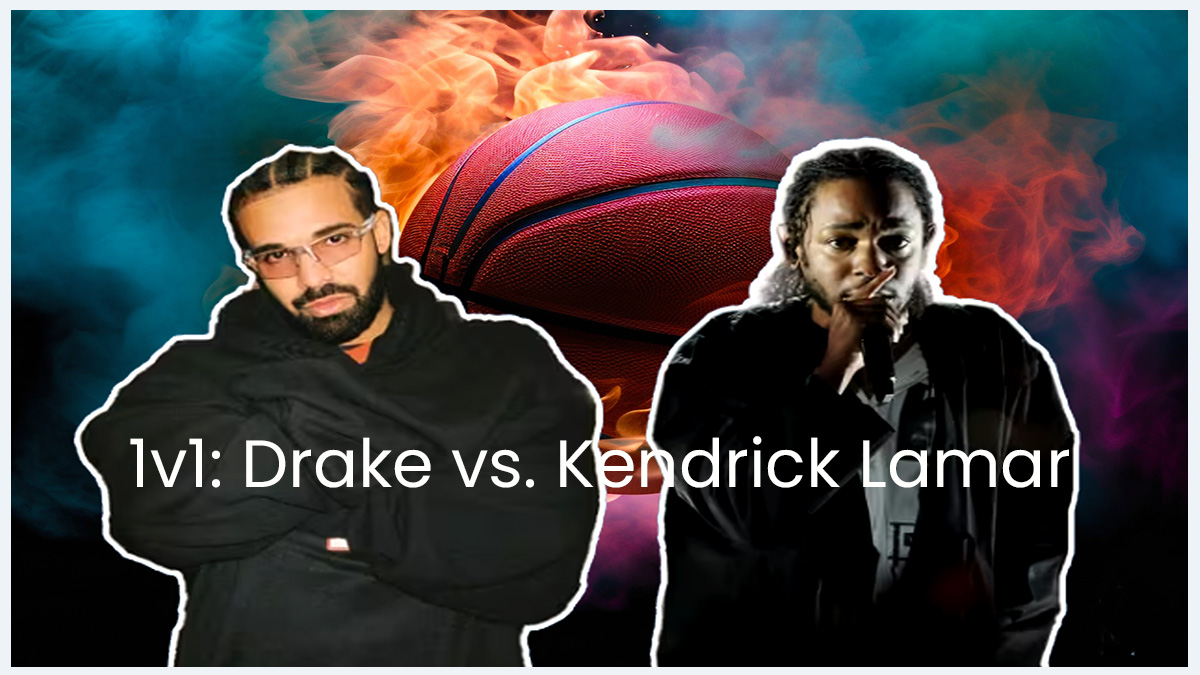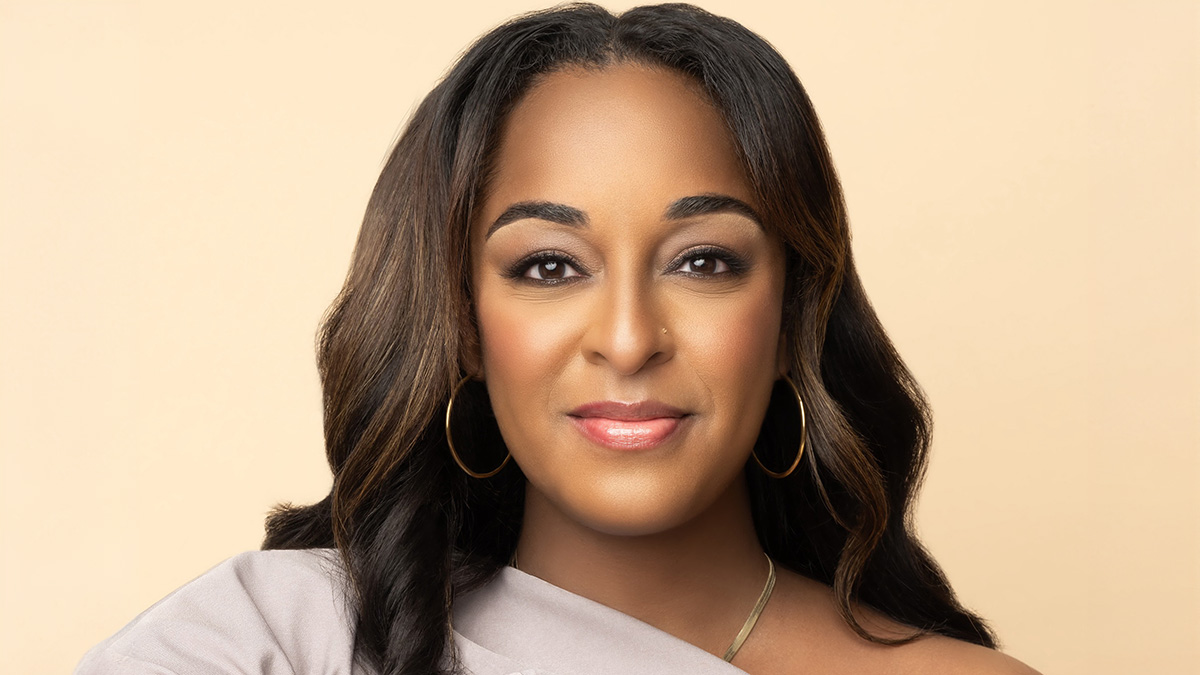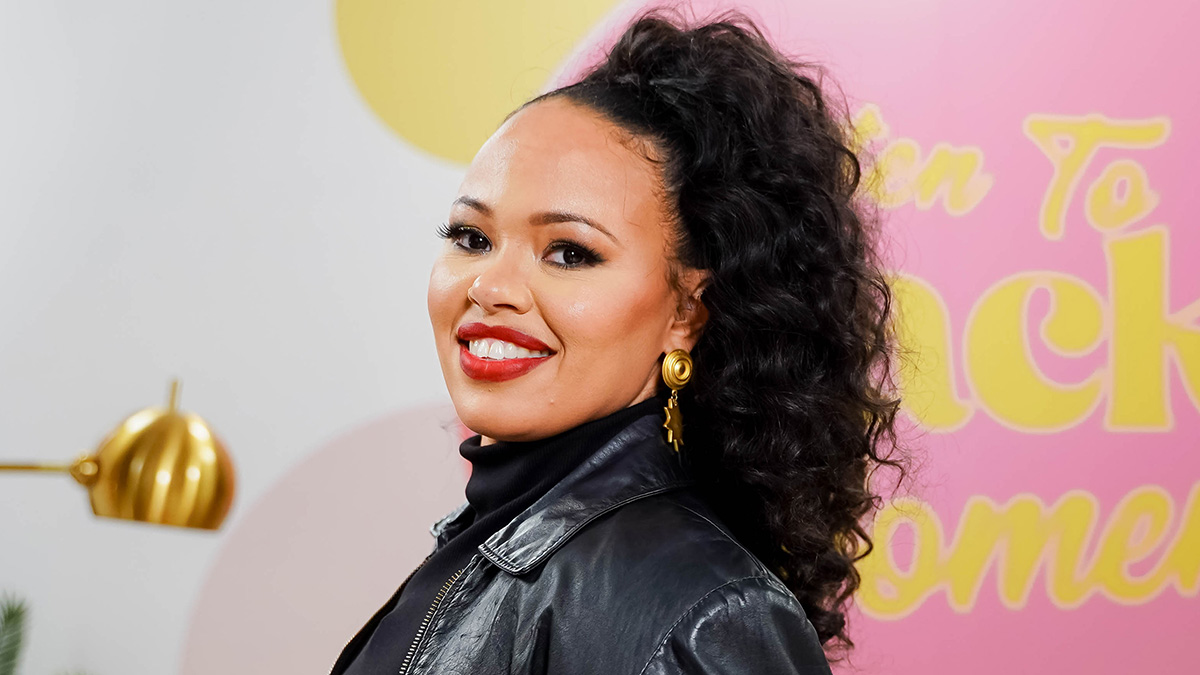Kevin Ross has an agenda to utilize his wisdom from the music industry to help those who aspire to follow in his footsteps. The former Motown Records singer, now independent artist, has made it his mission to start a new cycle of uncontrolled musicians. With a track record of writing for artists such as Nicki Minaj, Trey Songz and Toni Braxton; this Washington D.C native sure knows how to hustle through the business in more ways than one. Using his gift to support and encourage generations to follow him, Kevin Ross is leaving a bright trail behind for aspiring creatives to study.
How did growing up in Washington DC help shape who you are?
It was pretty cool; D.C taught me the essence of entrepreneurship. I feel like everybody had a nine to five, but they also had a hustle. You may work for the DC government, but you most likely sold shirts on the side too. It was something about growing up in the city; we took pride in our fashion and supporting one another. If we felt like someone’s clothing line was dope, we would rock it harder than Gucci and Nike. We’ll wear it all over the world and make sure we spread the brand everywhere we go. Owning our swag and our entrepreneurship spirit comes from thriving in D.C.
Were there any musicians in your family to ignite your musical dreams?
My dad was a deacon who could also sing. Actually, my whole father’s side of the family sings or plays instruments. My aunt was the first one to break out of the city and fly to L.A. where she got signed to a label. She was a part of a group and had the chance to live that lifestyle but as you know things happen as it pertains to time, and life and she decided to take off to Vegas. From there, she spent the next twenty to thirty years being a performer and became a known Tina Turner impersonator. She was getting sent all over the globe just to perform. So, it was my father’s side of the family and my aunt who paved the way for somebody like myself.
What was the first time you were introduced to music and you knew this was for you?
Well, being introduced to it and actually knowing for me are two different moments. I remember listening to “All Around the World” by Lisa Stansfield around the early nineties and that was my first moment of consciousness; like actually knowing I existed. That song gave me the first memory that stuck with me as a grown man. So, I knew then, something about Lisa’s Stansfield’s singing gave me a good feeling. Then years later after 11th grade, I realized I had the talent to succeed in music. I didn’t know where it would take me and my vision wasn’t clear (it wouldn’t be clear for a long time after) but I knew I wanted to do this professionally. If I could have that feeling for the rest of my life and manifest that consciousness, then I was going to go after my goals.
How did those aspirations lead you to attend Berklee College of Music?
Berkley was a godsend; I didn’t even know schools like that existed, to be honest. They told me it was the biggest contemporary school in the world, and I was like “Contemporary? I don’t have to do classes no more. Sign me up! I’m in this thang!” But when I arrived on campus, I quickly learned I was big fish in a small pond. I was surrounded by geniuses and prodigies that had been dope since three-years-old. Then here I come, a person who had to get it from the hood. I had to work for everything just to get there and it would be discouraging looking at all this amazing talent, but I had to find my own niche. To add to the self-doubt, R&B wasn’t poppin’ when I was in school. It was deemed as the corny genre and as a Black kid, it was either you were Jazz or Gospel. So starting out, I was just hungry. Berklee gave me a level of awareness that it’s bigger than my ability. If I’m able to outwork people; if I can just be visible and be everywhere at once, then that means a lot more than being the most gifted. Shout out to Berklee for allowing me to cultivate and figure out who I was as an artist.
What was your first love: singing or songwriting?
Honestly, it was always singing first but there was a teacher by the name of Armstead Christian, God bless her soul. She was the one who really sewed the seed inside of me to say “Kevin, don’t major in performance or anything you’re already natural at doing. Try something you’re completely horrible at.” Listening to her advice, I realized I didn’t know how to arrange music. So, I became a Contemporary Writing and Production major and that became a part of my life as it pertains to arranging. That’s when I decided to challenge myself, especially when I was spending all that money. I was going to make sure I get my money’s worth by attaching something new to my arsenal versus enhancing something I already was going to naturally enhance through experience.
If you had to choose, would you pick singing or songwriting for the rest of your life?
If I could write the songs I sing, then I’d choose singing. But, in all honesty, I would back off of both, because I know how demanding they can be. As songwriters, we don’t get the proper appreciation. We don’t have equal rights as it pertains to respect within the creative community. We’re last to be served, the last to be paid, and the last to be acknowledged. Unfortunately, we don’t even have a best songwriting category at the Grammy’s, but they do have a song of the year and best producer. We’re just always overlooked. So, for me, I knew early on I can’t write for other people forever. It’s kind of monotonous. But then also being a singer and having other people write for you, has its sides as well. Can you be okay with just being a vessel and singing every night hoping that your voice works? Or if it doesn’t you have to cheat and finesse certain things for the show to still go promptly? So, for me I found a balance to keep myself sane that would continuously create work for me as well. I value that I have the option to be a singer, songwriter, and producer; it makes a little more sense to me than just trying to stay in one singular lane.
How do you feel about the indie movement that’s currently transpiring in the music business right now?
It’s not for everybody. I think it’s great for those who have the resilience to endure, but everyone one doesn’t have that pliability. Say you had a bad quarter. How are you going to improve for the next project? Some people freak out; think their career is over and can’t re-group. Then they go back to believing they should have never left the major labels system. Certain people truly need that major label money to keep the motivation churning. But when your mantra becomes: “I just want to sing. I just want to rap.” Your type belongs to a major label because that tells people from a business aspect, your intellectual property doesn’t matter to you. All you care about is to be seen and that’s one of the most dangerous positions for a creative to be in. Now what? You’re singing in front of millions of people, but you have no money. Best believe they’ll give you that advance so you keep working for them but understand it has its stipulations.
Do you judge the artist that’s just in the business to cash a check?
I look at it like this: Music is the safest hustle for a hustler to do. The part of me as a creative feels like, “How dare you say that!” But the other part is like touché, it is a game. And a game is meant to be played or the game will play you if you sit around long enough and just accept anything.
What are some goals you have for your music career?
The only thing I’m working towards is a Grammy and they can have everything else. I know kids. Not only are they looking at the music you’re putting out but they’re looking at the medals that you’ve acquired too. They’re looking to see who this person is they never heard of. It’s like, you might not have heard about me, but I have Grammy’s to prove who I am. I want to show these kids one; it’s possible to make it in the business. Two, it’s possible to be a big independent R&B artist in this field. I aspire to implement anything where I can share my truth to help kids coming in the game miss out on the pitfalls that I had to step into and endure. It’s one thing the OG’s didn’t do for my generation and that was they didn’t teach or help us. They allowed for us to suffer because they had to suffer, and that’s not fair. I want to break that cycle; I want to be the change that wasn’t there for me instead of trying to repeat history all over again because that’s not healthy for young black men to continuously have to go through these things after everything else we have to endure. I just want to do it differently for the benefit of our kids. I’d rather be the crash dummy and make my points to make room for the next generation and say I did it! I took all the L’s so now I can show you how to successfully do this thing.
Besides yourself, what other artists inspire your hustle?
Stevie Wonder, you know he’s an OG. But for a modern artist, I do admire and respect PJ Morton. For sure, I think that he’s very talented and gifted. Not only that, but he and his team have a great business that’s leading the way as it pertains to creating a balance to the true art form of R&B. His sound is very true to himself and it’s still being discovered but you can just see the momentum continuing to build and them still adding different dimensions to his brand as well.
Throughout your recent projects, you’ve stuck to maintaining under the Audacity theme. What was your reasoning behind that choice?
Originally, it was a full album, to begin with, but I just needed to break it up because it was going on two years since I put out anything. Audacity was also a big experiment for me, especially with being a new indie artist. I wanted to create a plethora of music, like a spectrum to show I can do anything and still successfully have the chance to show my range. It shows a vastness of what I can do. I divided the project ultimately to see if people would accept the vastness or if they were only interested in particular pockets of Kevin Ross. That goes along with Audacity; the willingness to take bold risks. So, I took the bold risk to say that everyone’s worried about being cool, but for me, I don’t care about being cool as much as I care about being a successful businessman and artist. Furthermore, when I look at the feedback, I can see which certain records connect with my listeners and understand the pattern and trends; so for my later projects, I know exactly what to give them the next time around.
Amongst Grammys and paving the way for the next generation, what would you like to accomplish in the next five to ten years?
I want to be one of the biggest independent R&B artists ever. All of the people I look up to besides PJ are all signed to majors. Maxwell to Columbia. Kem is signed to Motown. Charlie Wilson, H.E.R & Lucky Daye are signed to RCA. But I can already see I’ve made it on these playlists with these major label artists, and to everyone else that might be normal but to me and the business; it can become problematic. They’re left to wonder, “Who is this indie kid that’s sitting next to us on these playlists?” So, it makes me even more determined to say any playlist I haven’t landed with Audacity already, I want all of them the next time around. I want to be the biggest R&B artist there is and to show people that you can be successful in your genre and still own your intellectual property. Not saying it hasn’t been done, but it hasn’t been done in a very long time. Especially in the R&B lane, there’s not a blueprint to make it happen. Cash Money did it their way and No Limit did it their way. There are all these forms in hip hop but there’s none in the R&B realm.
Tiara Cooper

